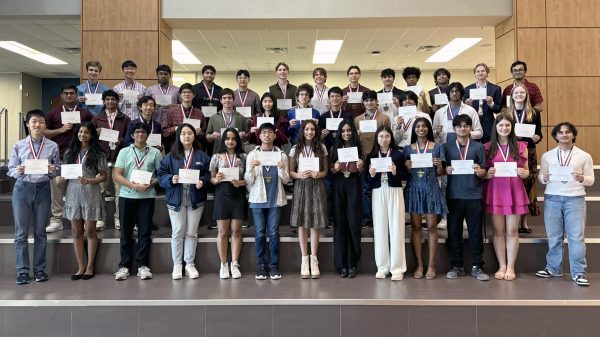YouTube Override
The hotel swarms with stunning, yet talentless celebrities from the Internet, strutting around and posing with their beloved fans as if they have known each other forever. The air buzzes with energy, cameras flashing when the stars take their positions at the panels.
Trevor Moran and Jc Caylen are only two of the talentless kids now attending Comic-Con. The convention has been known for its eccentric scene filled with costumed superheroes, actors, best-selling authors, and now, YouTube?
Magcon, VidCon and Comic-Con have become notorious places to meet Cameron Dallas, Nash Grier, or Kian Lawley who are famous for being attractive and throwing food at each other. These YouTube kids haven’t done anything to show case real talent, if they have any, while hundreds of other gifted people work harder to make it as singers, actors and writers.
While YouTubers are recognized by thousands for being “clever” or “hilarious,” there are other people out there accomplishing something that takes more than 5 minutes to create.
Useless videos and accounts that plague the Internet just go to demonstrate the fact that our world focuses on nothing but looks. Twitter, YouTube and other forms of social media enforce the standard implanted in kids’ brains that says in order to be successful, one must also look the part. Underneath the piles of stereotypes like the popular crowd, the nerds, or the jocks are many other talented people trying to claw their way up. YouTubers show off their looks by heading to Comic-Con and posing with people for pictures, calling fans just to hear their reactions and becoming models for places like Abercrombie and Fitch.
All anybody wants is to be heard. The problem is kids like Cameron Dallas and Nash Grier continue to make videos about the Hot Sauce Challenge. YouTubers have enough fame to use their accounts for something helpful. Success is the perfect chance to recreate how people view each other these days. When people look at someone else, their minds automatically put the stranger into a category based on how they act or what they look like.
Growing up in a society that revolves around who gets a certain amount of likes on Instagram makes backing away another challenge. Disconnecting the death grips on social media could be one of the solutions to solving the problem at hand. Whether we step closer to social media to use it for the greater good, or step away and focus on the world outside of technology, people can shape and mold the world into a generation that isn’t centered on our perception of others.

Crouch is an aspiring writer of fiction novels and enjoys riding her horse whenever she can.







